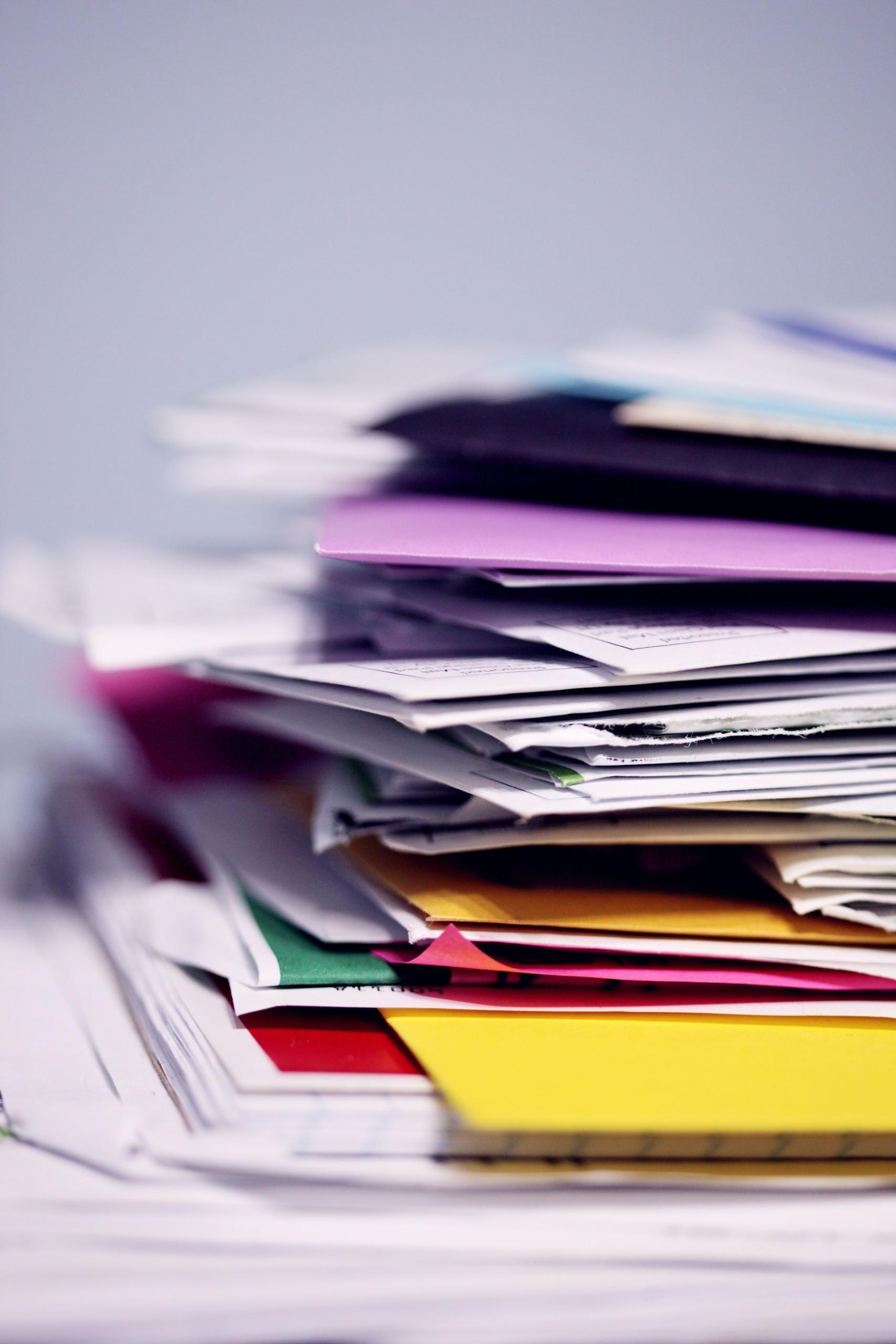The time for the General Certificate of Secondary Education (GCSE) exams is nearly upon us. Everywhere they're administered, the students who will sit them are doubling down on study time.
Exams are students' last sprint towards the finish line of their compulsory education. Whether sick of school or looking forward to many more years of learning, this event in their academic career is crucial.
In many ways, revising for GCSE Economics is like revising for any other GCSE subject. You should have a study plan and stick to your revision schedule, come what may. You must have revision resources and tools to streamline your efforts.
However, GCSE Economics is different in many aspects. Unlike maths, English or science, economic studies were not a part of your standard curriculum. Also unlike those subjects, GCSE Economics doesn't rely on your ability to remember facts or formulae.
For high marks on this exam, you have to apply what you learned over the past two years.

Is GCSE Economics Hard?
Year-on-year, only a tiny percentage of students select GCSE Economics. According to the Office of Qualifications and Examinations Regulation (Ofqual), just over 7000 candidates sat this exam in 2023. That agency further reports that the scoring average for that year was 89%.
In this article, Superprof lays out what those students did to earn such high marks. We discuss test-taking strategies as well as:
- the topics your exam tests you on
- the best resources to prepare for GCSE Economics
- the best ways to use past papers and marking schemes
- the most effective revision strategies
Key Economics Topics for GCSE Economics Revision

When you started your GCSE Economics course, your teacher likely introduced the course syllabus. This document lists all of the topics your course covers, which your textbook organises into study units.
Your course materials should give you a clear view of the topics you'll learn. However, you might not know that they fall under two main headers.
Your course might label those headers 'How markets works' and 'How the economy works'. You'll learn about economic groups - consumers, producers and the government. And you'll discover the economic aspects they influence, as well as those that impact them.
In economic terms, those two headers are microeconomics and macroeconomics. Your exam's Paper 1 tests your knowledge and understanding of microeconomics. Paper 2 challenges your macroeconomic understanding. This breakdown shows you the topics you can expect to learn for each.
Microeconomics (how markets work)
- costs and production
- revenue and profit
- competitive/concentrated markets
- how prices are determined
- market failure and its effects
Macroeconomics (how the economy works)
- money and financial markets
- the national economy
- government economic objectives
- global economy and international trade
- government economic management
Seen side-by-side, the distinction between the two branches is easier to spot. As you plan your revision strategy, you might use this division to your advantage.
You could create one set of revision resources per economic topic. That way, you won't have to shuffle through all of your notes and flashcards to find the information you're looking for.

GCSE Economics Revision Resources
Searching for the latest GCSE Economics resources online, we discovered a dismaying fact. Many publications focus on university- and A-Level economics study materials. Those for GCSE students are scarce.
No need to panic just yet, though. You're learning basic economic terms and concepts. Your exam papers won't demand advanced-level calculations or knowledge. You can add any 'fundamentals of economics' book to your resources list which can be easily purchased on Amazon or your local bookstore.

As you start planning your revision, you should determine where the gaps in your economics knowledge and understanding are. For instance, interpreting graphs and data are exam components. If that's one of your weak points, you must find resources to address that lag.
Likewise, some of your exam questions involve calculations. If calculating averages, percentages and interest on savings eludes you, you might spend some time building these quantitative skills.
This is good advice but where can you find such an on-demand resource? A private tutor can help you master economic concepts as well as build your quantitative skills. They can also introduce you to podcasts and other economics revision resources you don't yet know about.
If you prefer online economics revision notes, the website MrGoff.com presents the most comprehensive GCSE Economics study resources. You may visit that page to print or bookmark information most critical to you. Or you could subscribe to this channel on YouTube to cycle through all 79 of their economics videos.
Economics Study Tips: Using Past Papers and Marking Schemes

Every one of your GCSE courses' teachers has likely recommended you download past papers and marking schemes. Most students do so towards the end of their courses so they can use them as mock exams.
You should practise your test-taking skills with GCSE Economics past papers, too. However, don't wait until revision time to explore all that these papers have to offer. Visit your exam board's website early in your course to discover all the resources it offers.
Past papers don't just show you how many multiple-choice and long-form questions you have to answer. They also introduce you to your exam papers' style and format, the language used and how questions are presented.
Marking schemes show you how examiners assign marks for each answer. Typically, the most complete answers receive the most points. However, even an incomplete response can earn one or two. What's left out of partial responses matters, in these cases.
Your exam board's examiners' reports deliver the most important information. Those papers reveal how the examiners viewed students' efforts, noting any curriculum aspects appear to not have been well-taught. It makes recommendations on mistakes future students should avoid making.
Reading through these reports, you'll notice that missing the question's intent caused the greatest point loss. Time management issues are the second most prevalent reason students lose points. They seem to run out of time to finish their papers. On some occasions, they don't have time to review their answers before handing their work in.
Repeated mock exams will help you learn how to manage your time for these papers. The examiners' reports show you which questions past students struggled the most with. Marking schemes suggest how to earn the most points for each answer. Altogether, past papers, marking schemes and examiner reports are your most valuable revision resource.
The Best Economics Revision Techniques
Much of the standard revision advice to prepare for GCSEs applies to GCSE Economics review. However, because you only have two years of subject study, your coursework and textbook don't give you enough information to fully understand economic principles.
You must add revision resources that you wouldn't need for your other exams. This section details the most effective revision tools, resources and techniques.

The best Economics revision techniques begin the day you start your GCSE Economics course. Your teacher should explain the course syllabus and communicate the course expectations. However, it being the first day of school and with so much going on, you might not catch everything they say.
Assessing your challenge is your first step towards a sound revision strategy. Most students wait until the tag end of their courses to download and go over past papers and marking schemes. You should do so as soon as you learn which exam board will administer your test.
You might not understand much of what those papers discuss because you haven't studied economic topics yet. However, your exam board website details those papers' subject content. You can pick up on themes and keywords.
Once you know roughly how much you have to learn, you can start setting revision goals. They are different from setting a revision schedule. This table explains how they're different, and then lays out your next steps for revision success.
Components of Effective Revision Table
| Revision Component | Purpose | Resources |
| know your challenge | to outline your scope of work to familiarise yourself with the exam papers' format and style | AQA GCSE economics and OCR GCSE economics past papers, marking schemes and examiners' reports |
| revision goals | help you pace your work | Whiteboards, planning calendars, digital logs, productivity applications |
| revision schedule | helps you keep your work on track | Whiteboards, planning calendars, digital logs, productivity applications |
| revision tools | make revision more organised and engaging | flashcards, mind maps, graphs and diagrams, highlighters and sticky notes |
| revision resources | to diversify your information streams | economics books (for beginners), videos, podcasts, study groups, private tutors, quizzes |
| mock exams | to build time management skills to hone your exam strategy | past papers |
| self-care | to ensure you maintain peak performance | sound nutrition and hydration, good sleep, breaks while studying and days off from study |
Exam season is a busy and stressful time but it doesn't have to be. Revising as you learn means securing the best revision tools and resources as soon as possible. Following this table's revision technique will ensure that you don't burn out just before exams.
The last strategy in our table is essential to managing the stress and pressure you're under. Make a habit of taking good care of yourself so you don't have to make any drastic changes to your routine ahead of your exams. Following the steps our table lays out is the best exam preparation strategy.
Summarise with AI:
























